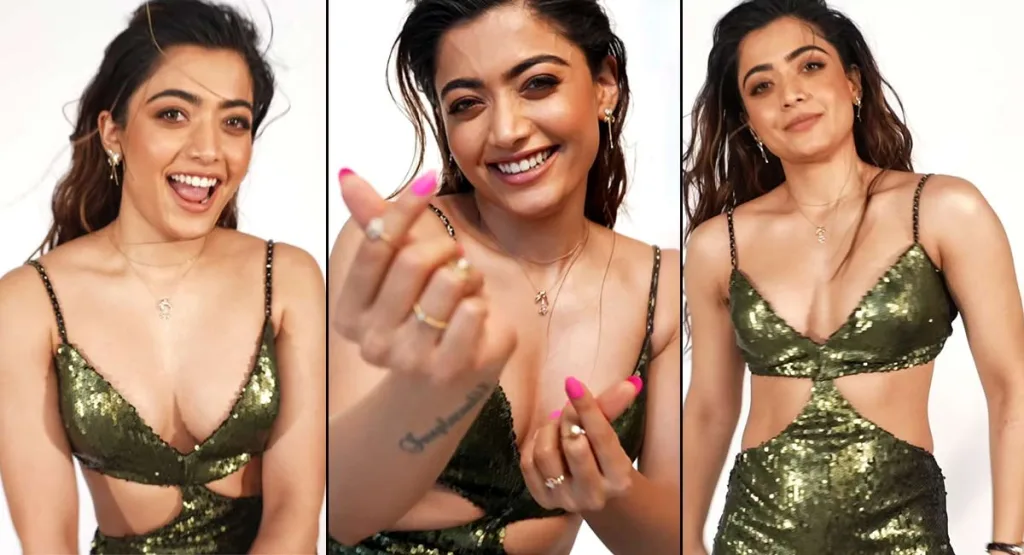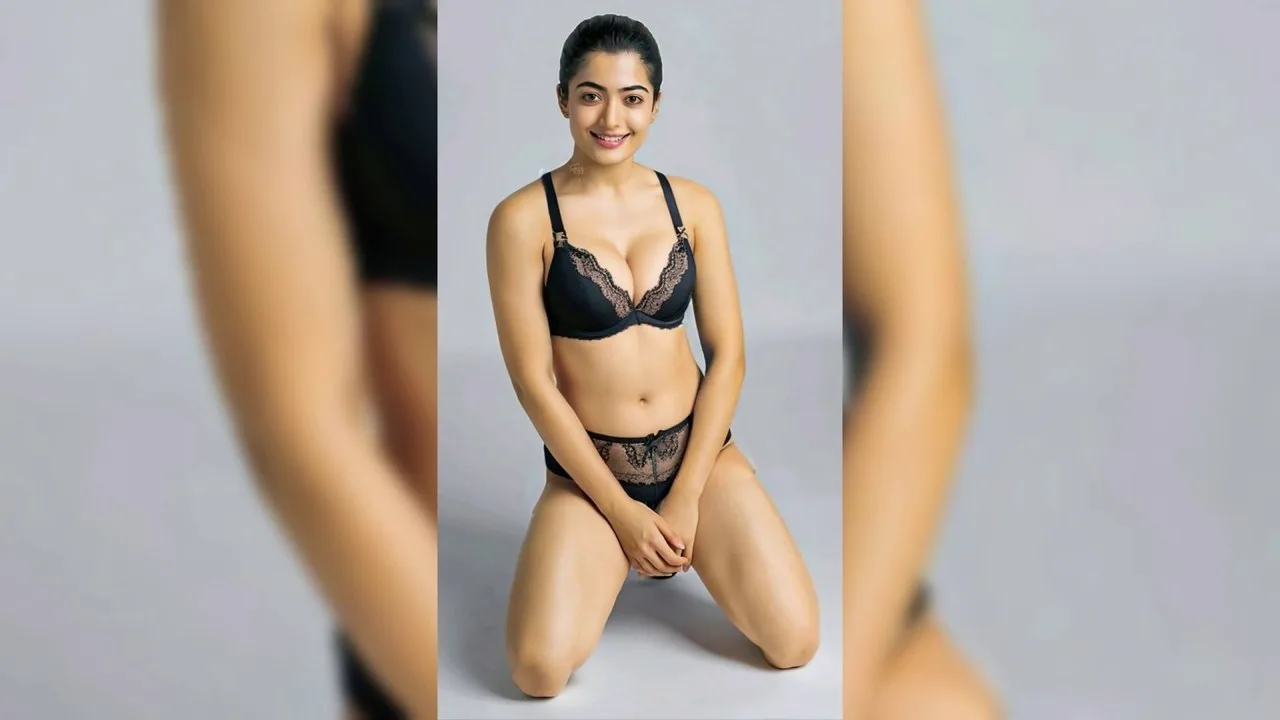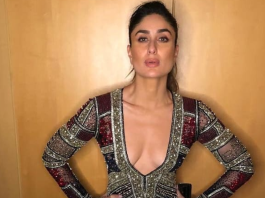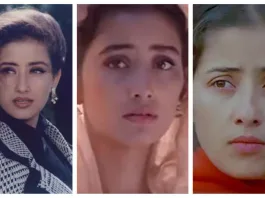One actor, four films, and a comparable character graph. ‘Sikandar’ appeared to Rashmika Mandanna to be merely a clothing alteration. She has been utilising the guidelines that came with being a subservient wife in the movie a lot lately when she makes her movie decisions.

She portrayed herself in yet another role as Rani Saishri in the AR Murugadoss film, which at times was elegant and glamorous but emphasised the same coyness, numbness, and submissiveness that women have long been taught to exalt. With a few exceptions here and there, this trait also applies to all of the female characters she has portrayed in the majority of her well-known films, including Maharani Yesubai in “Chhaava,” Srivalli in “Pushpa,” and Geetanjali in “Animal.”
‘Pushpa: The Rule’ was Mandanna’s most successful performance as an actor. Since it was likely the first time that the entire Indian audience had seen her, this was both a commercial and a critical success for her. She took advantage of the chance and joined the trend by appearing in a number of high-profile films, such as “Animal” with Ranbir Kapoor.
Mandanna played a gangster’s wife in the Sandeep Reddy Vanga-directed film, which received harsh criticism for turning toxic masculinity into something hip. He was in love with her. She only showed up as his “wife” even after she smacked him or made the decision to leave the house. Ranvijay married her after falling in love with her. Unfortunately, she was the ‘wife’ of a man who was, at best, a man-child, and as such, she was the one who suffered the most.
Even in the ‘Pushpa’ flicks, Srivalli is shown as a strong man’s wife. She is actually given very little to say for a significant portion of the movie. In the beginning, she is a girl our hero falls in love with; she later becomes a lady who marries her stalker. Mandanna is only allowed to play a wife here, the one who occasionally has her own voice, but only as a “wife.”
Let’s go on to “Sikandar,” which has received criticism for its content and the age difference between Salman Khan and Rashmika Mandanna, which is more than 30 years. The 28-year-old is portrayed as a queen in the March 30 first release. However, the main theme of her persona is that she is Rani Saishri, the wife of Sanjay Rajkot.
Her persona minimises the responsibilities of a queen to that of an ideal wife who would defend her husband from all harm. Her only virtue at this time is that she fiercely defends her monarch. You know, to simply being a ‘wife’.
You see, this is troublesome. If someone else had been portraying these distinct yet similar parts, it would still have been terrible, but with Mandanna at the forefront of this conversation, it seems like her legacy is yelling loudly to put an end to the stereotyping. The way she performs these roles—looking gorgeous, dancing, crying when the husband cries, sharing in his joy, and handling his messed-up notion of equality in a relationship—surprises me. That is a different issue.
A few years ago, Mandanna had a variety of roles in the South. She explored every facet of her character, even in the formula movie “Dear Comrade,” which she co-starred in with Vijay Deverakonda. She was the epitome of the care and sensibility needed to portray a survivor of sexual assault on TV.
Her character selection in several Tamil and Telugu films is very different from how she has been portrayed to the Hindi public. The drama ‘The Girlfriend’ and ‘Kuberaa’, in which she portrays a woman who is clearly up to no good, based on the teaser, are her next Telugu films. What is going on with her Bollywood film choices, then?
It is a well-known fact that the Hindi cinema industry has been having difficulty creating more compelling stories and interesting, progressive content. Actors are, however, making deliberate decisions even in that smaller pool of compelling storylines.
It’s critical to consider your decisions as a leading lady in a larger context as women in the industry strive to advance their demands for better parts and are continuously learning to say “no” to those that, at best, commodify them. You should investigate personalities in which you might portray the hero’s wife, but not only that. Maybe similar to “The Dirty Picture,” in which a woman maintains her role as a companion or lover without sacrificing her autonomy. Or one more recent, such as ‘Laapata Ladies’, in which a woman is actively seeking possibilities and changing.
To add interest, it may be argued that Mandanna is most likely in the early stages of her Bollywood career, taking anything comes her way as long as it involves a big-budget movie with a well-known male star. However, that’s precisely where the issue starts. Accepting wallflower roles at the beginning of one’s legacy leads to stereotyping, and changing prior actions takes time.
While occasionally acceptable, “Animal,” “Chhaava,” and “Sikandar” don’t seem like the best options for establishing oneself in front of the public. This doesn’t even set the proper precedent for ladies who closely monitor your decisions in search of occasional inspiration.
Demanding more character depth and portraying women with distinct personalities seems like the basic minimum that can be done, even if it isn’t about intentionally seeking out rebellious characters. We can only hope that someone is out there listening!



